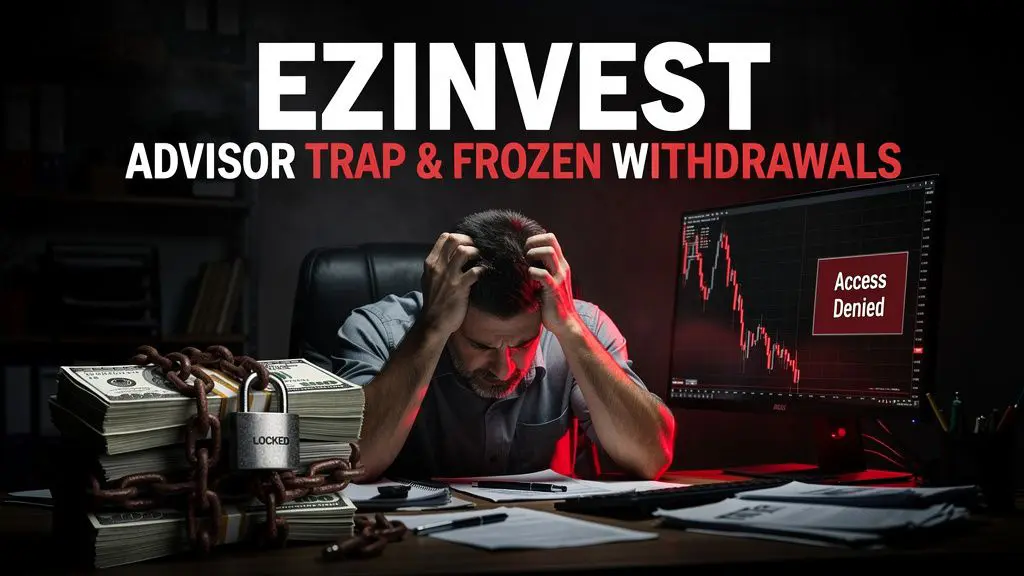Abstract:A 47-year-old housewife from Malaysia has fallen victim to a fraudulent bitcoin investment scheme, losing RM752,398 of her savings in just one month.

A 47-year-old housewife from Malaysia has fallen victim to a fraudulent bitcoin investment scheme, losing RM752,398 of her savings in just one month. The scam, which lured her with promises of high returns, highlights the dangers of unverified online investment platforms.
The woman encountered the scam in late August while browsing Facebook. An advertisement promoting high-payback bitcoin investments caught her attention, prompting her to click on the attached link for more information. She was subsequently added to a Malaysian VIP investment group, where individuals provided her with details about the investment and assured her of substantial returns within a month.

As part of the process, the victim downloaded a mobile application named “UVKXE” to monitor the purported returns on her investment. Believing the scheme to be legitimate, she made 12 separate transfers, amounting to RM896,813, to seven different bank accounts between 29 October and 18 November this year.
The woman later attempted to withdraw her earnings after seeing that the app indicated she had accrued 185,838 USDT (cryptocurrency) – equivalent to approximately RM827,091. However, the fraudsters only released RM144,415 to her and demanded an additional 1% payment before she could access the rest of her funds. It was at this point that she realised she had been scammed.
Datuk Seri Ruslan, the deputy director of the Datuk City police district, confirmed in a statement that the police received a report from the victim yesterday. The case is being investigated under Section 420 of the Penal Code, which addresses fraud. If found guilty, perpetrators could face up to 10 years of imprisonment, caning, and a fine.
The police are also exploring the possibility that the case involved a “money mule” – individuals who unknowingly or willingly transfer money for fraudsters. Investigators may invoke Section 424 of the Penal Code, which pertains to dishonest or fraudulent concealment or transfer of property. Convictions under this section carry a potential penalty of up to seven years imprisonment, a fine not exceeding RM100,000, or both.

To help protect individuals from falling prey to unauthorised investment schemes, WikiFX offers essential tools and resources for verifying the legitimacy of brokers and financial platforms. With an extensive database of global broker profiles, regulatory status updates, and user reviews, WikiFX empowers users to make informed decisions before committing to any financial investment. The apps risk ratings and alerts for unlicensed or suspicious entities enable investors to easily spot red flags and avoid potential scams. By checking a broker's background on WikiFX, users can better safeguard their hard-earned savings and steer clear of fraudulent schemes, making WikiFX an indispensable resource for safer investing.












